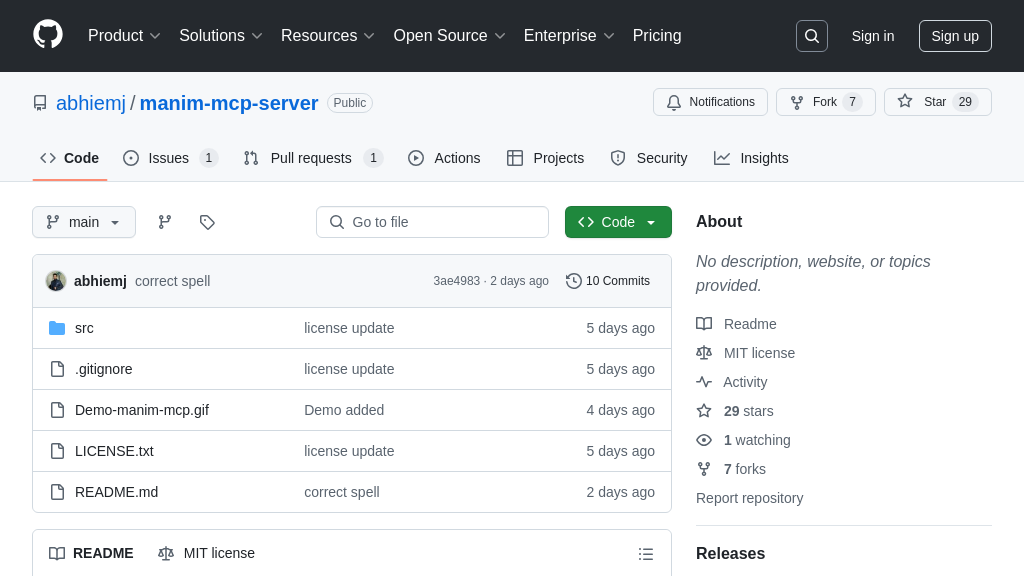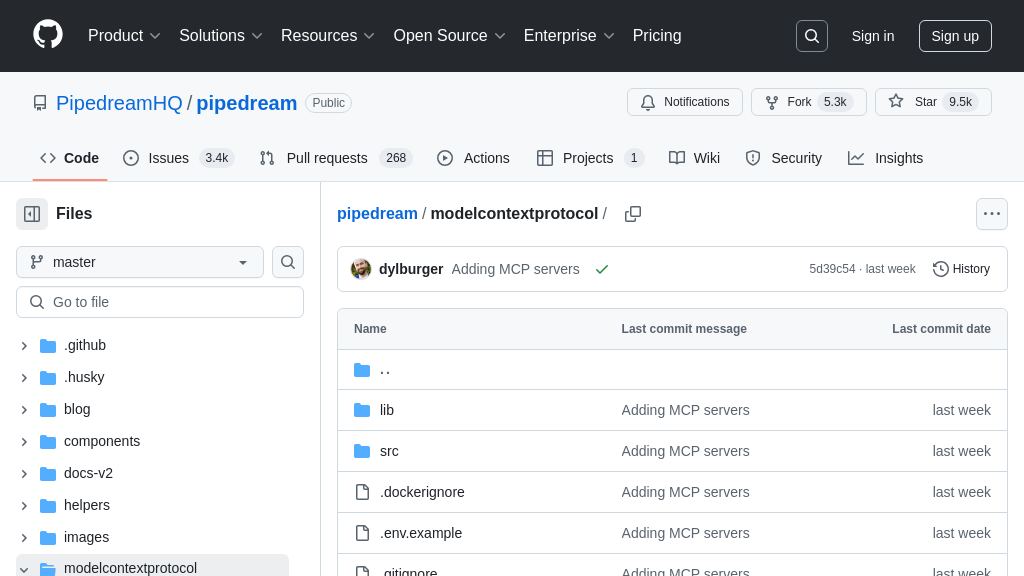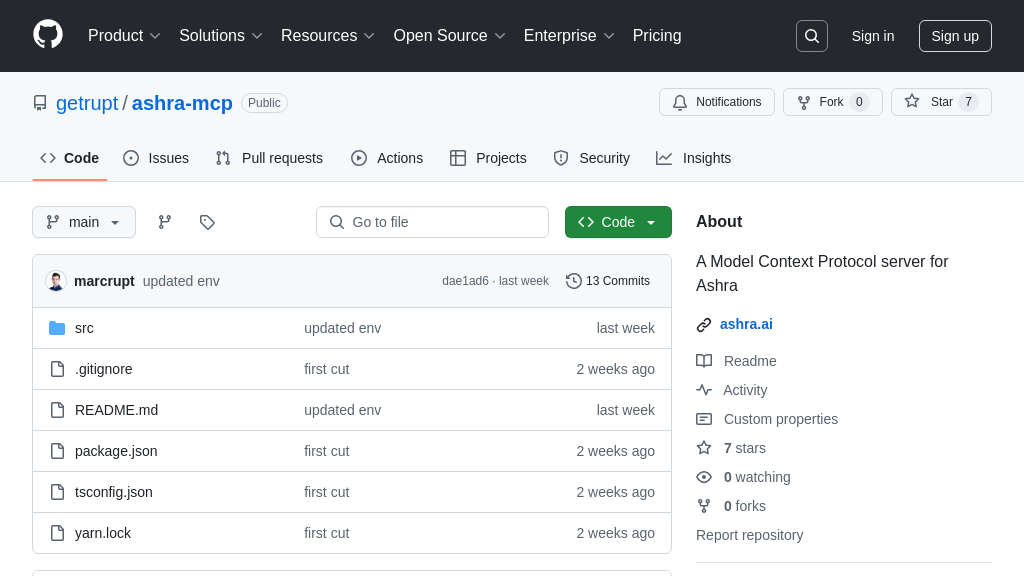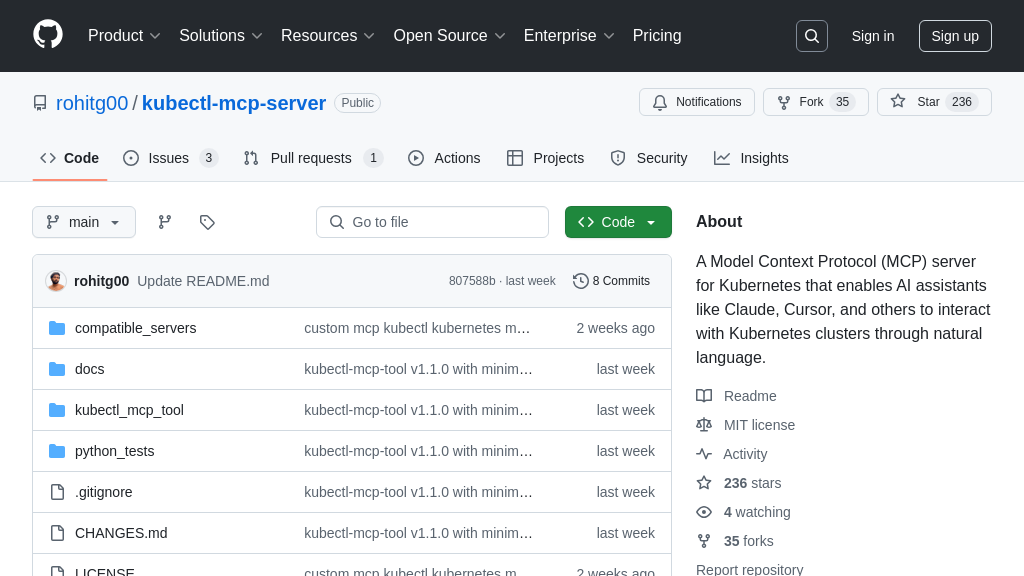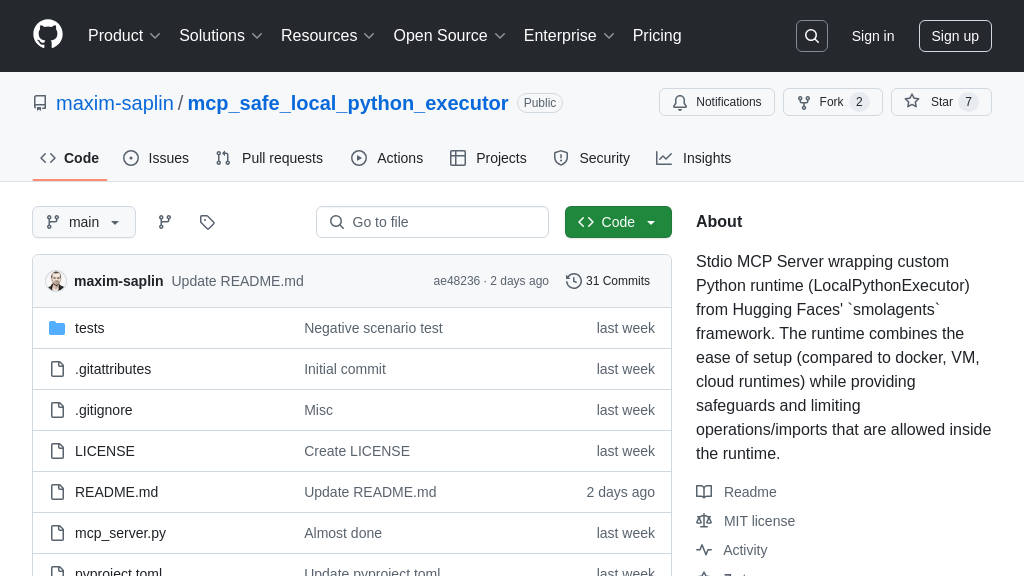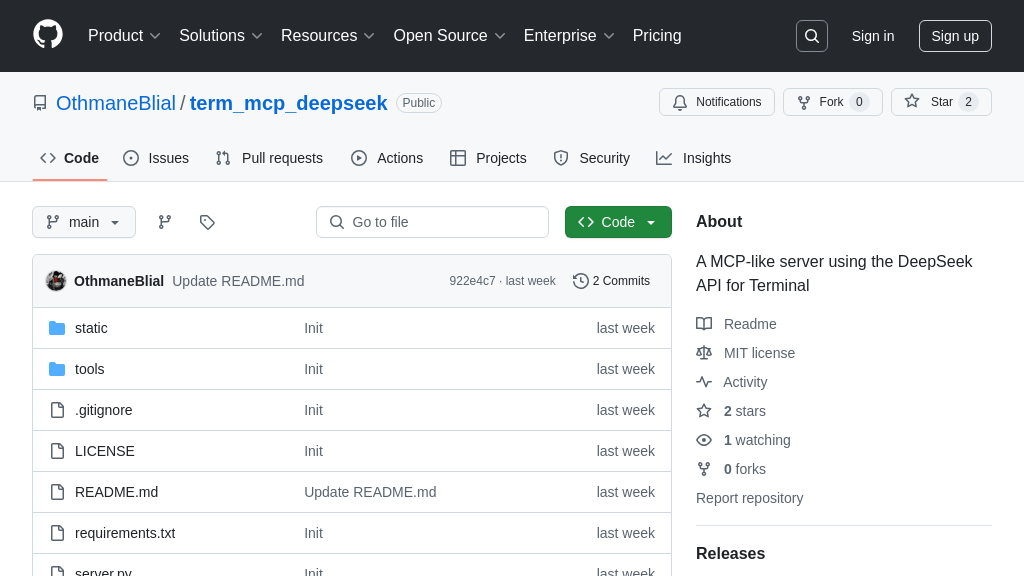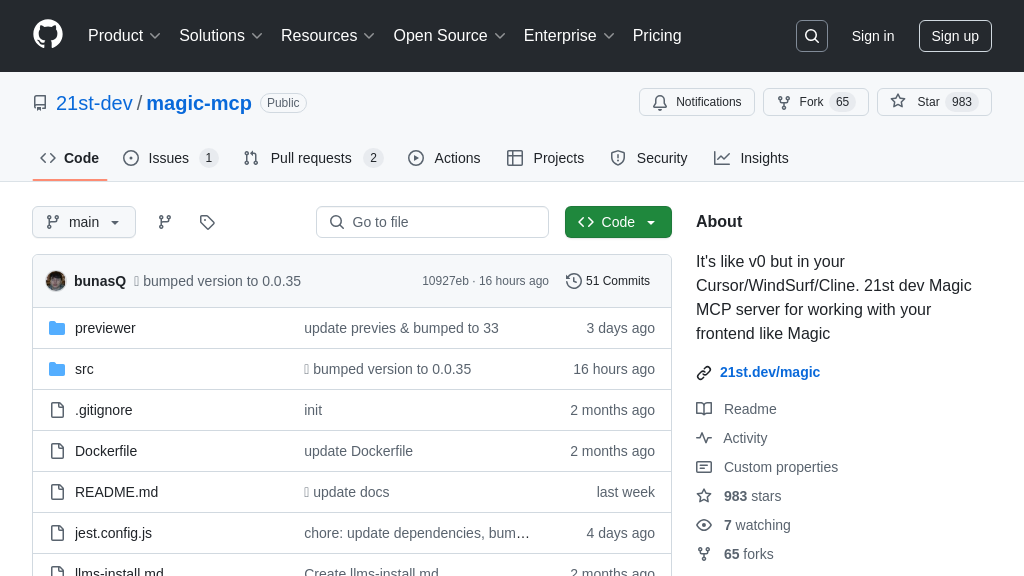mcp-run-python
Securely execute Python code with AI models using the mcp-run-python MCP server. Sandboxed environment via Pyodide in Deno.
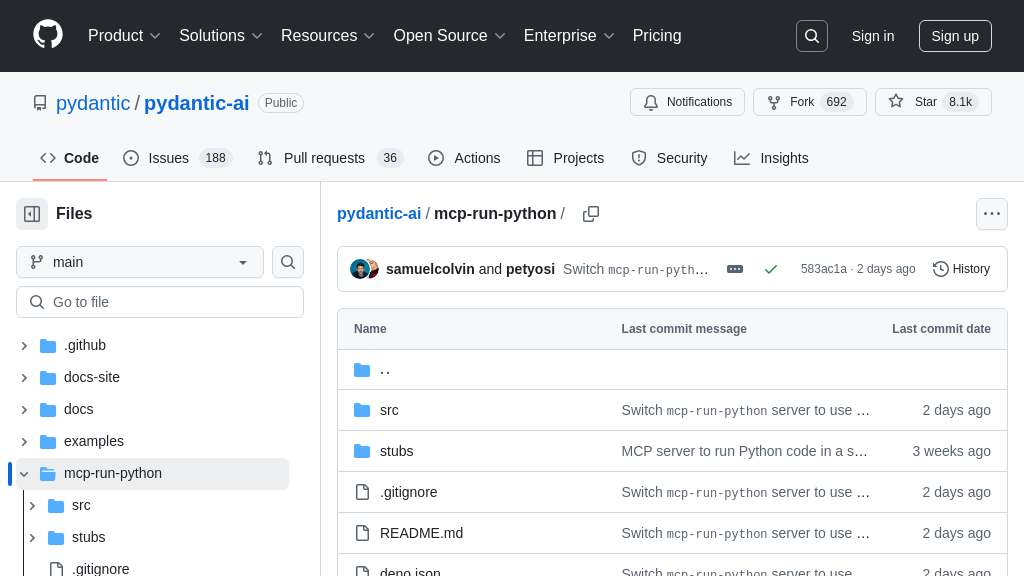
mcp-run-python Solution Overview
MCP Run Python is an MCP server designed to execute Python code securely within a sandboxed environment. By leveraging Pyodide in Deno, it allows AI models to interact with Python code without compromising the underlying operating system. This server provides a secure and isolated environment, crucial for tasks requiring Python execution within the MCP ecosystem.
Key features include the use of Pyodide for running Python code and robust isolation to prevent system-level access. It supports both Stdio and SSE MCP transports, offering flexibility in deployment. Integrating with PydanticAI is straightforward, enabling agents to execute Python code seamlessly. The core value lies in providing a safe and controlled way for AI models to utilize Python's capabilities. Developers can easily incorporate this server to enhance their AI applications with Python functionality.
mcp-run-python Key Capabilities
Secure Python Code Execution
mcp-run-python enables the secure execution of Python code within a sandboxed environment, mitigating potential risks associated with running untrusted code directly on the host system. It leverages Pyodide, a port of CPython to WebAssembly, and Deno, a secure runtime for JavaScript and TypeScript, to create an isolated execution environment. This isolation prevents the Python code from accessing sensitive system resources or interfering with other processes. This is crucial for AI models that require external computation or data manipulation through Python scripts, ensuring that the execution remains safe and contained. For example, an AI model might use mcp-run-python to perform complex data analysis or call specific Python libraries without compromising the security of the overall system. The implementation relies on Deno's permission system to restrict access to the file system, network, and other sensitive resources.
Isolated Environment via Pyodide
The core of mcp-run-python's isolation capabilities lies in its use of Pyodide. Pyodide allows running Python code directly within a web browser or, in this case, a Deno environment, without requiring a traditional Python installation. This creates a highly controlled environment where the Python code operates within a virtualized file system and has limited access to external resources. This is particularly valuable when AI models need to execute Python code provided by external sources or generated dynamically. For instance, an AI-powered code generation tool could use mcp-run-python to safely execute the generated code and verify its functionality before deploying it to a production environment. The technical implementation involves compiling Python code to WebAssembly and executing it within the Pyodide runtime, which provides a secure and isolated execution context.
MCP Standard Transport Support
mcp-run-python supports standard MCP transport mechanisms, including Stdio and SSE (Server-Sent Events), facilitating seamless integration with various MCP clients and servers. Stdio transport allows for local communication between processes, making it suitable for running the server as a subprocess. SSE transport, on the other hand, enables communication over HTTP, allowing the server to be accessed locally or remotely. This flexibility in transport mechanisms allows developers to choose the most appropriate communication method based on their specific deployment scenario. For example, an AI agent running on a remote server can use SSE to communicate with mcp-run-python running on a separate machine, enabling it to execute Python code and retrieve the results. The implementation involves handling incoming requests and responses according to the MCP specification for each transport mechanism.
